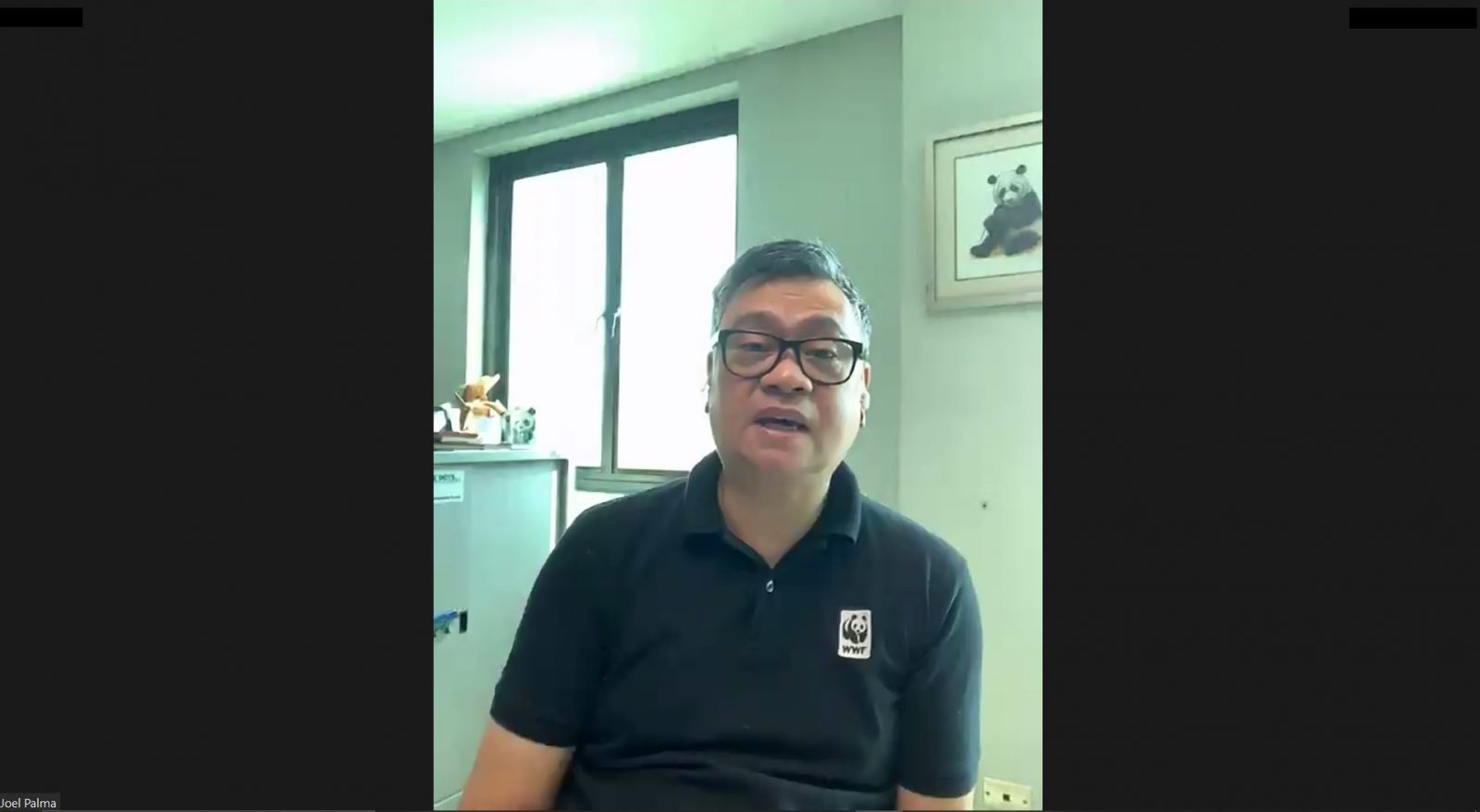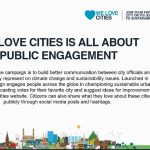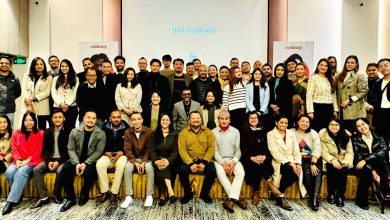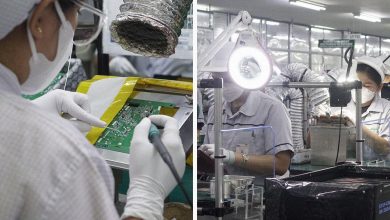MANILA, PHILIPPINES – 13 cities across the country were awarded on December 9 in the first-ever virtual run of the World Wide Fund for Nature (WWF) Philippines’ One Planet City Challenge Awarding Ceremony, hosted by WWF-PH Ambassador Karen Ibasco.
The event, which was held via Zoom, recognized the efforts of the Philippine cities that participated in the 2019-2020 run of One Planet City Challenge (OPCC)—the WWF network’s biennial global challenge that aims to promote best practices in climate mitigation and adaptation anchored in the cities’ crucial role in building a sustainable and climate-safe future.
Awarded during the program were the following participating cities: Cagayan de Oro City, Davao City, Dipolog City, La Carlota City, Malolos City, Parañaque City, Pasig City, Quezon City, San Carlos City, and Tagum City. Also recognized were finalists Muntinlupa City and Santa Rosa City, as well as Batangas City, who bagged both the OPCC National Winner title and the World’s Most Lovable City award in the We Love Cities (WLC)—the organization’s public engagement campaign aiming to raise awareness and inspire citizens to engage in the sustainability efforts of their respective cities. For the first time in its history, a Philippine city was awarded as the global winner of the We Love Cities Campaign.

In his opening remarks, WWF-Philippines Executive Director Jose Angelito Palma expressed his appreciation for the Philippine cities that participated in this call for transformational governance.
“We would like to thank the 13 cities for striving to make things better. We hope that all (Philippine) cities will do their part to ensure that we attain our 1.5°C target because it connects to our survival. Maraming salamat, and we hope we all put our minds and efforts together to attain a more sustainable and climate-friendly future not just for the Philippines, but the whole world,” said Mr. Palma.
WWF-Philippines’ Project Manager for One Planet Cities Imee Bellen highlighted the critical role of cities as important actors in the transition toward a low-carbon and sustainable future as well as provided an overview of the OPCC 2020, which represented 66% of the global population, with 255 cities from 53 countries sharing their plans and initiatives to achieve climate resiliency. Meanwhile, a representative from ICLEI-Southeast Asia Secretariat, Pamela Cabacungan shared the data submissions of the 13 participating cities that served as the basis of the screening assessment and feedback.
Also present was WWF-Philippines Integrated Communications Manager Pamela Luber who discussed the process and objectives of the WLC campaign, including the digital efforts by the national representatives. Batangas City, Muntinlupa City, and Santa Rosa City all ranked within the Top 10, out of 54 cities in 26 participating countries across the globe for the 2020 edition.

League of Cities of the Philippines Executive Director, Atty. Shereen Gail Yu-Pamituan gave a keynote message acknowledging the efforts of the participating cities to create a more sustainable future for their communities, even in these challenging times.
“Without a doubt, environmental sustainability lies at the intersection of public health and climate change. Thus, it is very encouraging to see the quality of work exhibited by our cities to address this despite restrictions in movement and limited resources in this very unique time in history. It only highlights the commitment and dedication of our cities to be of service to their communities and support actions that aim to mitigate the impact of climate change and COVID19,” Atty. Yu-Pamituan shared.
Atty. Angela Ibay, WWF-Philippines Climate and Energy Programme Head, wrapped up the event by leading the commitment ceremony to continue doing climate actions that will lead them to a 1.5°C trajectory and encourage other cities to ensure a climate-secure future for their constituents. Atty. Ibay also noted the role of cities in achieving a future where both nature and people thrive. “Despite all the challenges that our Philippine cities face, we have seen how they have continued to positively act and contribute to climate and environmental action. Across our OPCC participant cities, we are heartened by their generosity in sharing ideas on how cities can become cleaner, greener and more sustainable, recognizing that they can act as transformation catalysts. This is critical not just now but more so for the future of our planet and the next generation.”
With cities accounting for 70% of carbon emissions globally and generating 80% of the total GDP, their political leadership and economic power are considered instrumental in the transition to a more stable climate.
Follow WWF-Philippines’ social media pages for more information about the organization’s transformative partnerships with local government units as they work to #ChangeTheEnding for the community, the country, and ultimately—the planet.














